Your cart is currently empty!
Sylvia Rivera
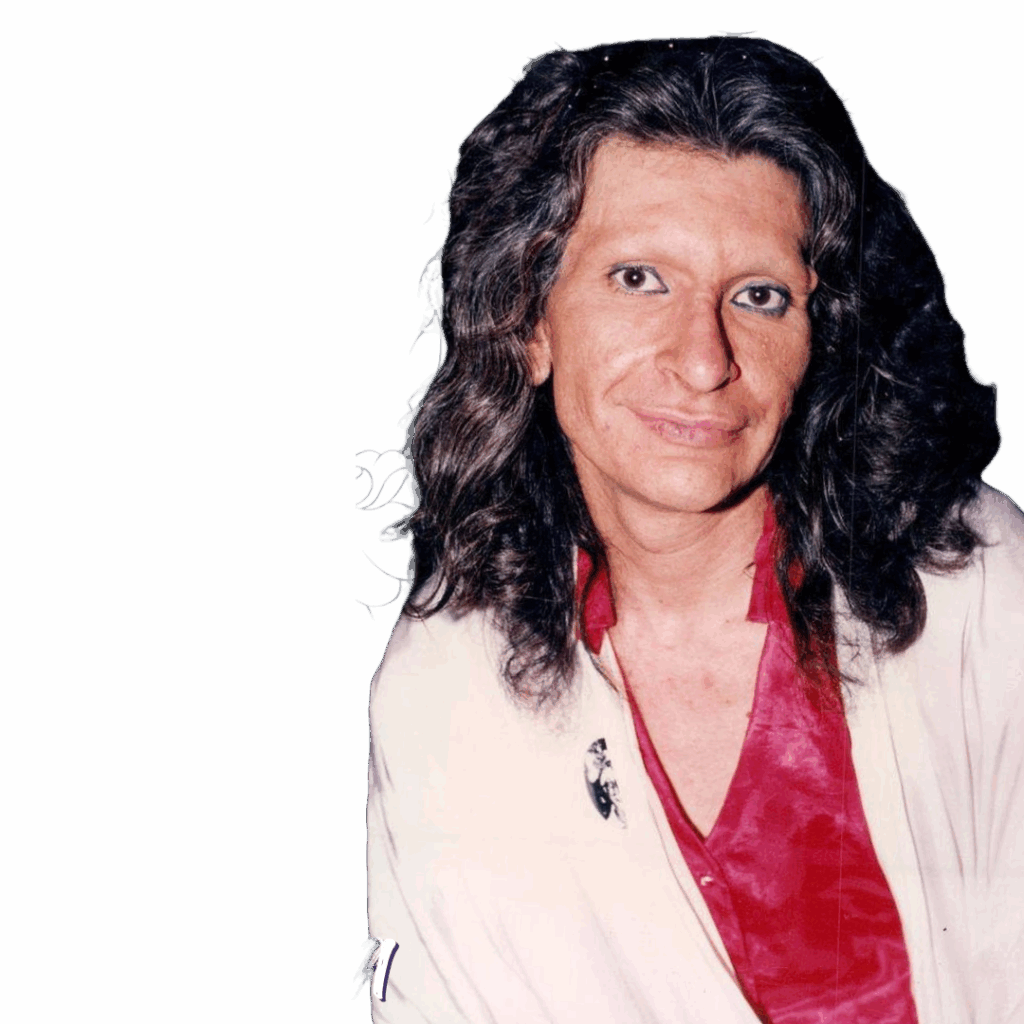
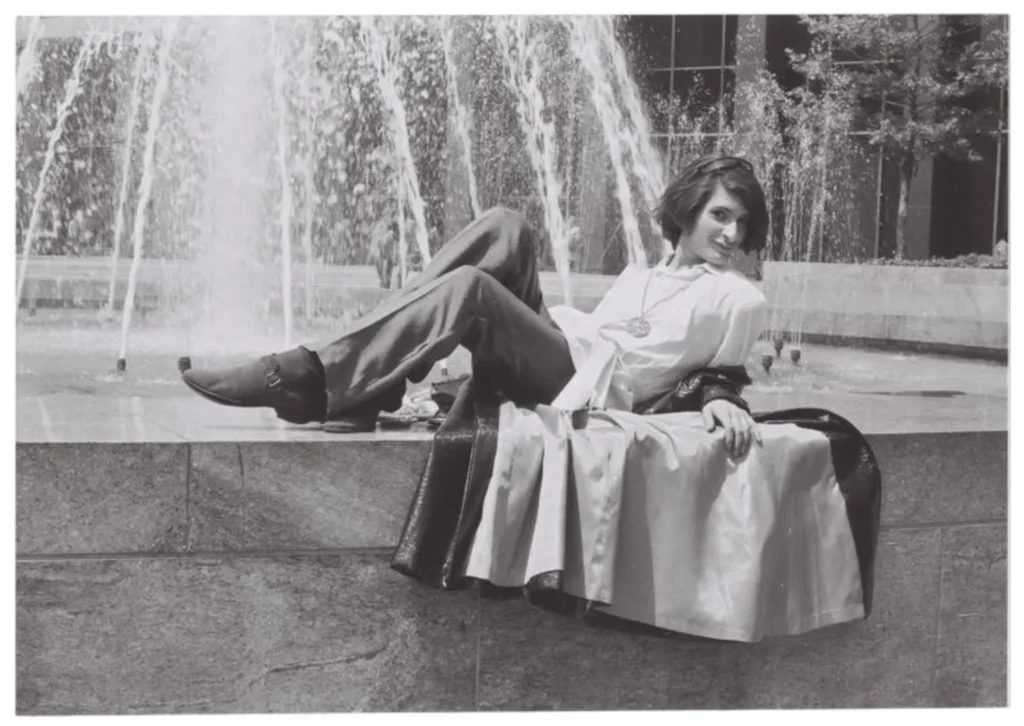
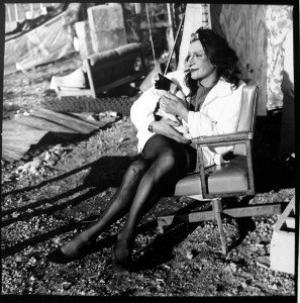
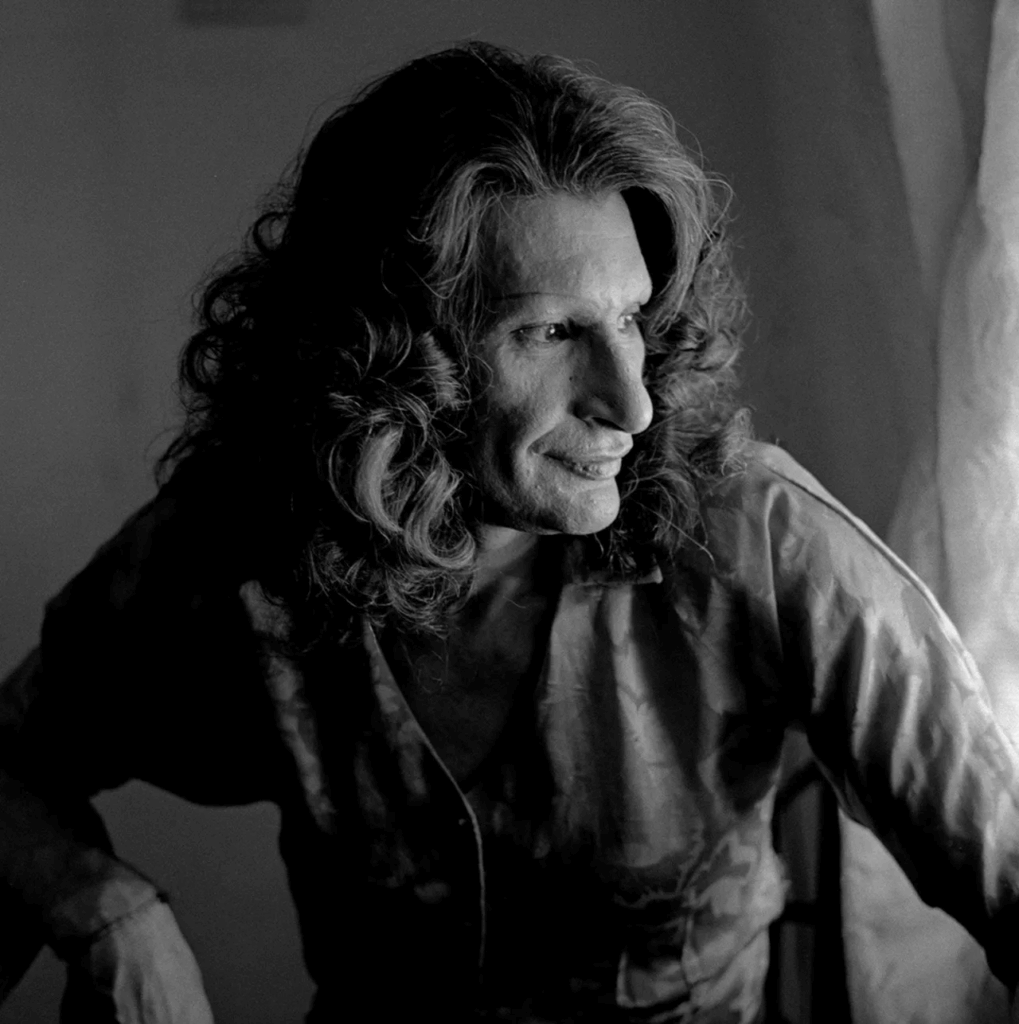
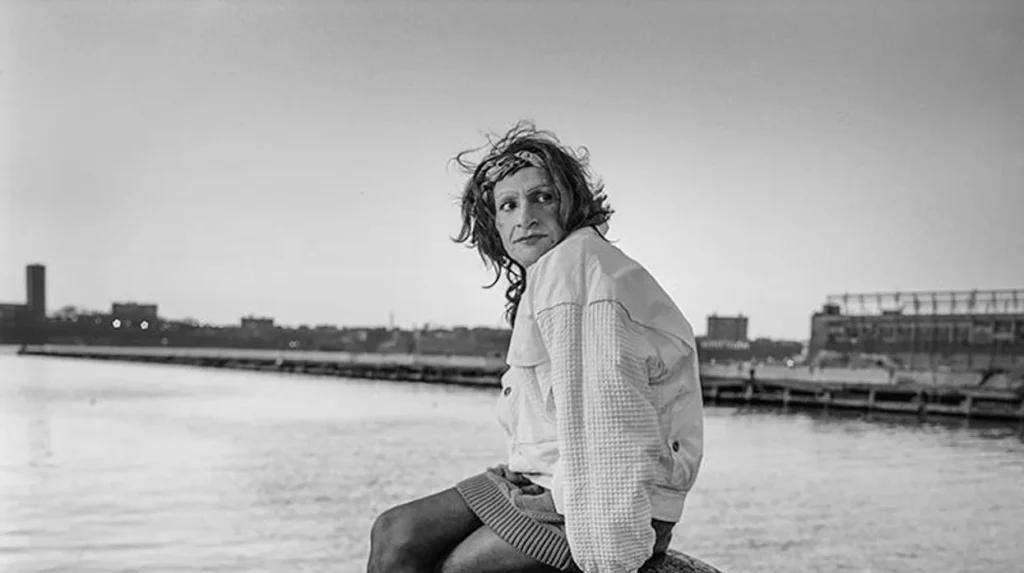
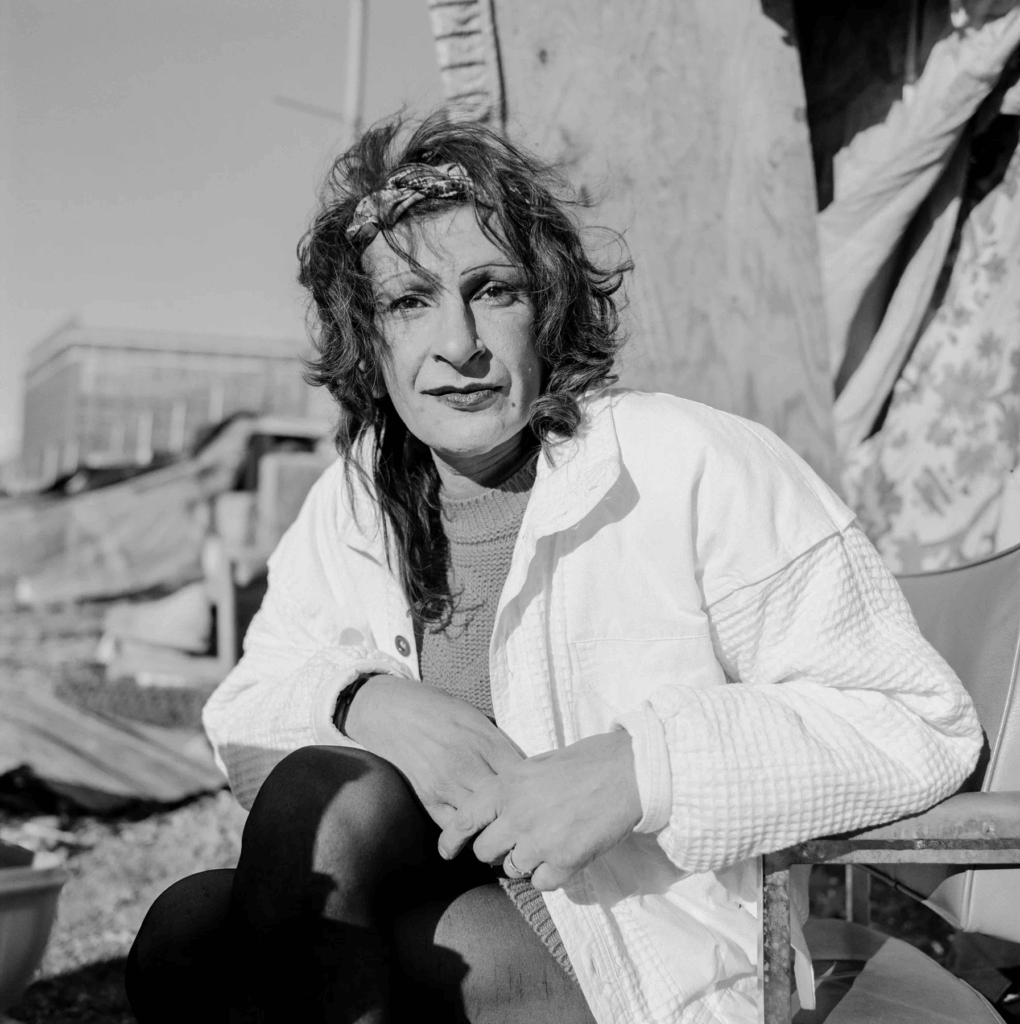
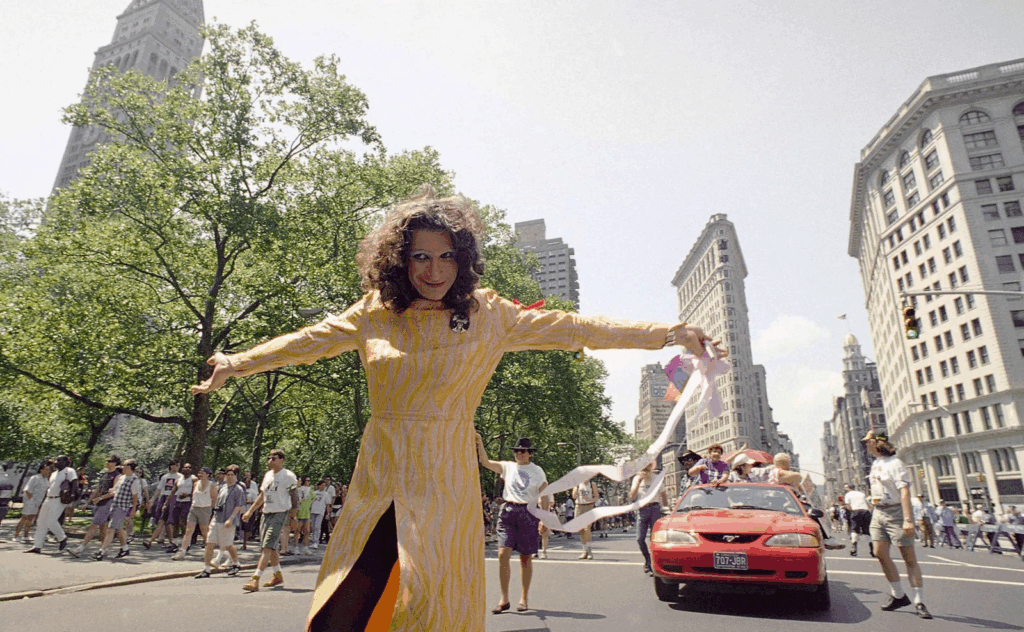
Born: July 2, 1951, Bronx, New York, United States
Died: February 19, 2002, New York City, New York, United States
Identities: Puerto Rican-Venezuelan, transgender, queer, drag queen
Occupations: Activist, organizer, performer, sex worker, shelter founder
Overview
Sylvia Rivera was a radical voice for queer and trans liberation and one of the most recognized and contested figures of LGBTQ+ history in the United States. Born to Puerto Rican and Venezuelan parents and raised in the Bronx, Sylvia was a drag queen, street activist, organizer, and performer. She was pushed to the margins of society and the mainstream gay rights movement but remained a fierce advocate for those even further pushed aside: trans youth, incarcerated queer people, sex workers, and people of color in poverty.
Her work with Marsha P. Johnson in founding the Street Transvestite Action Revolutionaries (STAR) established one of the first models of queer mutual aid and shelter. Although her presence at the Stonewall uprising is debated, her legacy in the wake of it is irrefutable. Rivera’s speeches, organizing, and personal resilience shaped the framework for future trans activism. She was unafraid to confront the racism, transphobia, and classism of the assimilationist gay rights movement and refused to be erased.
Early Life
Rivera was born and raised in New York City. Her Puerto Rican father abandoned the family early, and her Venezuelan mother died by suicide when Sylvia was three years old. Raised by her grandmother, she was punished harshly for her gender nonconformity. Rivera began experimenting with makeup and clothing as early as fourth grade, leading to beatings and rejection from family and peers.
At age 10 or 11, Rivera ran away from home and began surviving through sex work in Times Square. There, she was taken in by a group of street queens and drag performers who gave her the name Sylvia. These formative years of abuse, survival, and chosen family shaped the rest of her life. Her community included trans people, drag queens, and street workers on 42nd Street, and she soon met Marsha P. Johnson, who became her closest friend and mentor.
Drag and Art
Rivera was not only an activist but also a performer and creative. She developed her own drag persona and performed with the drag troupe Hot Peaches. In 1975, she was included in Andy Warhol’s Ladies and Gentlemen series, which featured trans women and drag performers from the Gilded Grape nightclub scene.
Activism and Stonewall
Rivera joined the Gay Liberation Front and the Gay Activists Alliance in her late teens, advocating fiercely for the inclusion of drag queens and trans people in the LGBTQ+ rights struggle. She helped co-found STAR with Marsha P. Johnson in 1970, providing shelter, food, clothing, and safety to trans youth and homeless queer people. They operated STAR House, which they paid for through sex work and street fundraising. STAR was one of the first efforts of its kind, led entirely by trans women of color.
Sylvia long claimed to have been present during the Stonewall uprising and said she threw the second Molotov cocktail. However, accounts by Marsha P. Johnson, Bob Kohler, Randy Wicker, and historian David Carter dispute this claim. Some accounts suggest she was uptown at the time. Regardless, Rivera quickly became one of the most recognized faces of the post-Stonewall struggle.
“Y’all Better Quiet Down” Speech
At the 1973 Christopher Street Liberation Day rally, Rivera was banned from speaking due to tensions between assimilationist activists and radical queens. Jean O’Leary, a lesbian feminist, took the stage to condemn drag as antifeminist. Rivera interrupted her and gave an unplanned and impassioned speech in defense of trans people and queens:
“I have been beaten. I have had my nose broken. I have been thrown in jail. I have lost my apartment. For gay liberation, and you all treat me this way? What the fuck is wrong with you all?”
She was booed off the stage. This event marked her temporary departure from public activism.
Withdrawal and Return
Rivera spent years away from the movement, battling substance use, mental illness, and homelessness. After the death of Marsha P. Johnson in 1992, whose body was found in the Hudson River under suspicious circumstances, Sylvia returned to the city and took up residence on the West Village piers.
By 1997, she had moved into Transy House, a Brooklyn-based shelter and collective for trans and gender nonconforming people. Her final years were marked by renewed activism. She protested the exclusion of trans people from SONDA (Sexual Orientation Non-Discrimination Act) and directly confronted leaders from the Human Rights Campaign and Empire State Pride Agenda.
“Bitch on Wheels” Speech (2001)
In 2001, Rivera delivered the now-legendary “Bitch on Wheels” speech at a Pride Month event hosted by Latino Gay Men of New York. In it, she eviscerated the gay rights movement for ignoring trans people and called out the pursuit of marriage and military service over survival and justice:
“I will not put up with this shit… I am the bitch on wheels and I’m back.”
She called for revolution, not assimilation, and demanded that the movement return to its roots.
Gender Identity
Rivera’s relationship to identity was complex. She used labels like drag queen, street queen, and transgender, but also rejected labeling altogether. She took hormones later in life but declined surgery, saying she had once considered it but chose to live as she was. She said:
“I’m not a lesbian. I’m not a man. I’m just me. I’m tired of labels. I just want to be Sylvia.”
Death and Legacy
Sylvia Rivera died on February 19, 2002, of liver cancer at St. Vincent’s Hospital in New York. Her partner Julia Murray was with her at the time. Even on her deathbed, Rivera advocated for trans inclusion in legislation, meeting with state organizers to negotiate political demands.
Legacy Projects and Memorials:
- Sylvia Rivera Law Project (SRLP), founded by Dean Spade in 2002, continues her mission to provide legal aid to trans, intersex, and gender-nonconforming low-income people of color
- Sylvia’s Place, a youth shelter in New York City
- Sylvia Rivera Way, a street named in her honor in Greenwich Village
- National LGBTQ Wall of Honor, where Rivera is recognized
- Upcoming monument in New York City commemorating Rivera and Marsha P. Johnson
- Her image in the National Portrait Gallery, the first for a trans activist
Notable Quotes
“Marsha and I fought for the liberation of our people… When we asked the community to help us, there was nobody to help us.”
“The movement had put me on the shelf, but they took me down and dusted me off.”
“I am not missing a minute of this. It’s the revolution!”
“Hell hath no fury like a drag queen scorned.”
Leave a Reply